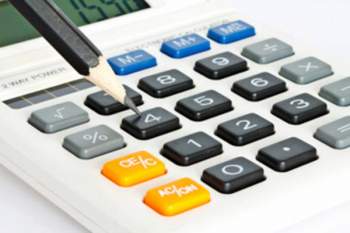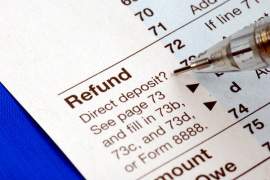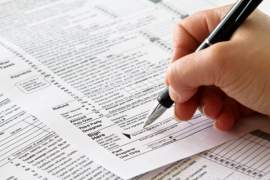
General Ledger

General ledger
A general ledger is a form of accounting that expresses debits and credits in opposing sections. All transactions are recorded in the general ledger including transactions recorded in other books that may deal specifically with customer transactions, financing or asset appreciation. In a general ledger, debits are offset by credits. The general ledger is used to generate a balance sheet and profit/loss assessments. General ledgers are also useful to audit in the event that there is a discrepancy in the company finances.What are subsidiary ledgers?
Subsidiary ledgers (subledgers) explain or express data in the general ledger to assist in general ledger accounting. An accounts receivable ledger, for example, can be used to check invoices from clients and ensure that the entries in the general ledger are correct. Subsidiary ledgers for accounts receivable will contain information such as invoice numbers, charges, credits, date and the balance paid or owed. There will be separate entries for each customer in the subsidiary ledger. Certain payments, such as financing from loans will not appear in a subsidiary ledger and will instead be posted directly to the general ledger. For all other expenses and income, expect to enter information on those transactions in these ledgers.In terms of general ledger accounting, all individual accounts in the subsidiary ledger will be totally and compared against the account represented by the ledger. Therefore, the accounts payable and receivable ledgers must match the amount in the accounts payable and receivable accounts, otherwise, an audit is in order.
What is cooking the books?
Cooking the books is the informal word that describes fraudulently altering the general ledger to reflect nonexistent earnings. This will coax more investors to buy into the company, thinking that it is profitable. Cooking the books is achieved by misreporting revenue and concealing or delaying expenses. Cooking the books is an illegal action an investigated by the Securities and Exchange Commission. The 2002 Sarbanes-Oxley Act regulates securities markets and imposes criminal penalties for financial misconduct and defrauding investors.
Why is keeping a general ledger important?
There are a number of reasons to keep an organized general ledger, not the least of which is ensuring compliance with tax laws and having appropriate records in case of an audit. With the numerous expenses and assets involved in running a business, it is impossible to appropriately account for finances without a general ledger or other method of bookkeeping. General ledger accounting is the fastest way to store customer information and ensure that the accounts payable and receivable are balances and accurate. Failure to pay suppliers or collect on invoices sent to customers will impact your relationship with suppliers and hurt your business’s accounts receivable turnover, which will in turn affect the flexibility and liquidity of your business. Accounting principles will also mandate that certain steps are taken to keep books organized and businesses that work with other businesses will need to keep books in reciprocal condition so that other businesses feel secure in working with partners.
NEXT: Amortization





















